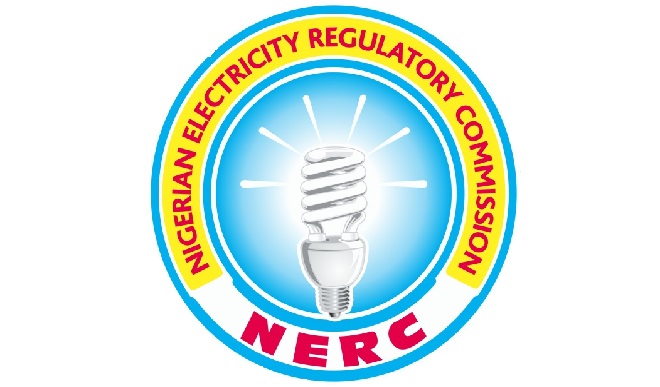Recent data from the Association of Nigerian Electricity Distributors has shown that the revenue collected by power distribution companies in Nigeria currently stood at 181 billion in the first quarter of this year.
According to the data, the revenue of the first quarter of 2021 bypasses the first quarter of 2020 by over 40 per cent.
The revenue collection increases by 42.3 per cent in the first three months of this year from N127billion to 181bilion.
However, the umbrella body for the Discos said the collection efficiency dropped by three per cent to 65 per cent in Q1 2021.
It said the aggregate loss had continued to deteriorate as it rose to 50.3 per cent in March 2021 from 48.5 per cent at the end of 2020.
The Discos had in September 2020 announced the ‘new service-reflective tariff’, which charges residential consumers receiving a minimum of 12 hours of power supply rising by over 70 per cent.
The service-reflective tariff is based on the hours of electricity supply available to the customers, according to the Nigerian Electricity Regulatory Commission. Customers are categorised into maximum demand and non-maximum demand customers, depending on the level of supply.
The federal government eventually agreed to suspend the tariff hike for two weeks, effective September 28, to examine the justifications for the new policy after opposition by labour unions. In November 2020, the Discos kicked off implementation of the revised electricity tariff.
In a report by ANED, the implementation of the reviewed policy increased the energy delivered to the market in the Q1 2021 grew by 14 per cent, compared to the same period of last year. The policy also notified end users of the industry’s supply capacity.
It said, “After several years with minor increments in the energy wheeled by the Transmission Company of Nigeria since the implementation of the new service-reflective tariff, the energy delivered to the market has grown by 14 per cent. As a result of the service-reflective tariff, the Discos distribute more electricity to the tariff band A, B, and C areas.”
According to ANED, the 14 per cent increase in the energy the Discos received in Q1 resulted in a 42.3 per cent jump in revenue collection.
It said, “The naira equivalent of the energy billed increased as a result of the removal of the subsidy for the Tariff Band A to C. ATC losses increased from 17 per cent to 23 per cent and collection efficiency decreased from 68 per cent to 65 per cent due to the change in tariff crisis in October 2020.
“As a result of the pandemic and the turmoil of the tariff increase in September 2020, the moving average of the ATC&C losses deteriorated from 43.3 per cent in February 2020 up to 48.5 per cent by the end of 2020. It has since increased again and currently stands at 50.3 per cent.”





















